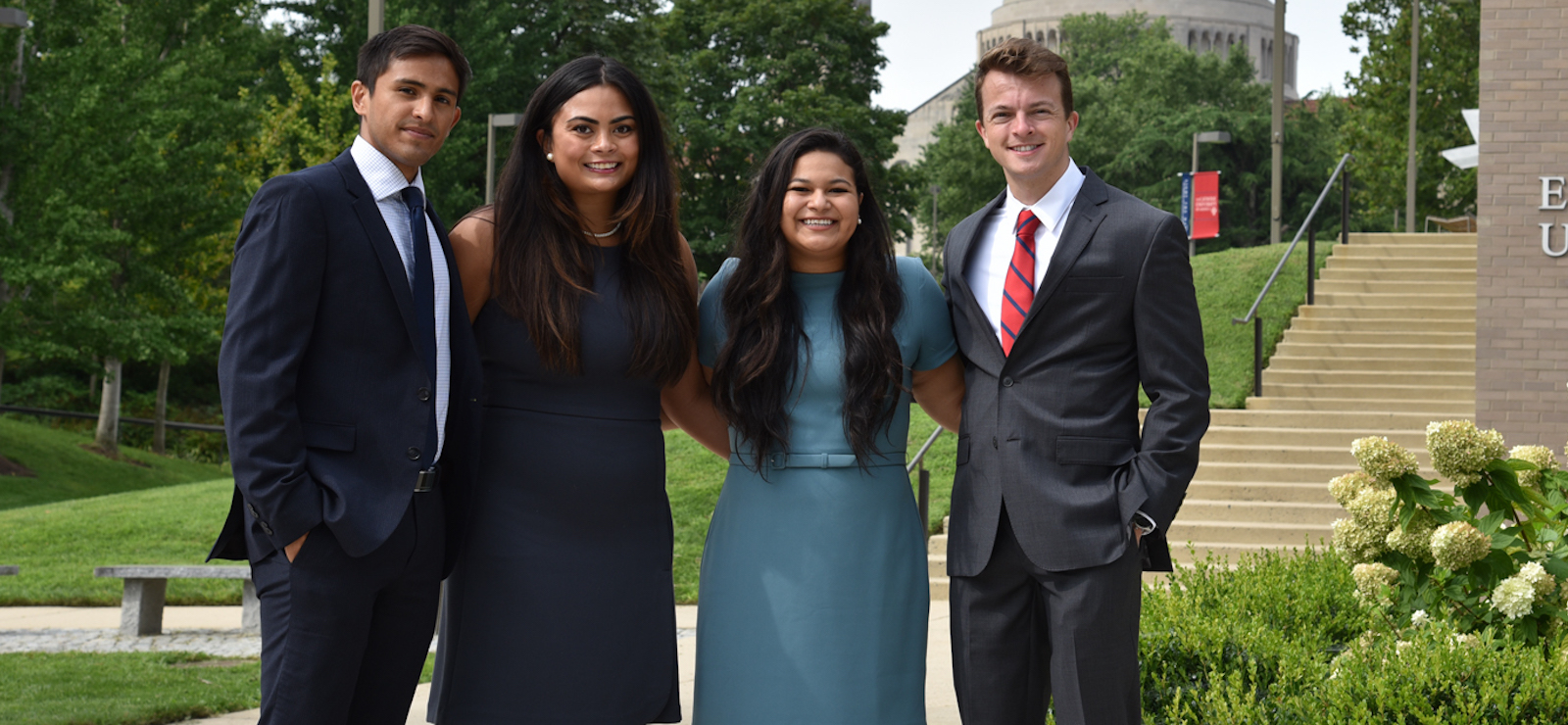Public Policy for the Common Good
The Catholic University of America’s Master of Public Policy (MPP) program transcends politics, focuses on the common good and the dignity of the human person, and equips you to develop innovative and ethical policies to address major societal challenges.
credits to complete the degree
Per credit hour
Specialties to customize your degree
A More Humanistic Approach to Policy-Making
Unique among public policy programs: Catholic University has designed an MPP that fills a gap in graduate public policy: it is the only graduate public policy program in the Washington, D.C., area that puts human flourishing and the common good at the center of a curriculum that integrates the latest social science research with an ethically and philosophically robust framework. Learn more during our upcoming virtual information sessions.
-
Family and Social Policy

Helping the American family flourish is critical to solving the biggest challenges of the 21st century. The Family and Social Policy Specialty prepares you to understand the value of the family unit, the challenges facing the family, and the skills necessary to design, implement, and evaluate policy that influences the family.
-
Science and Technology Policy
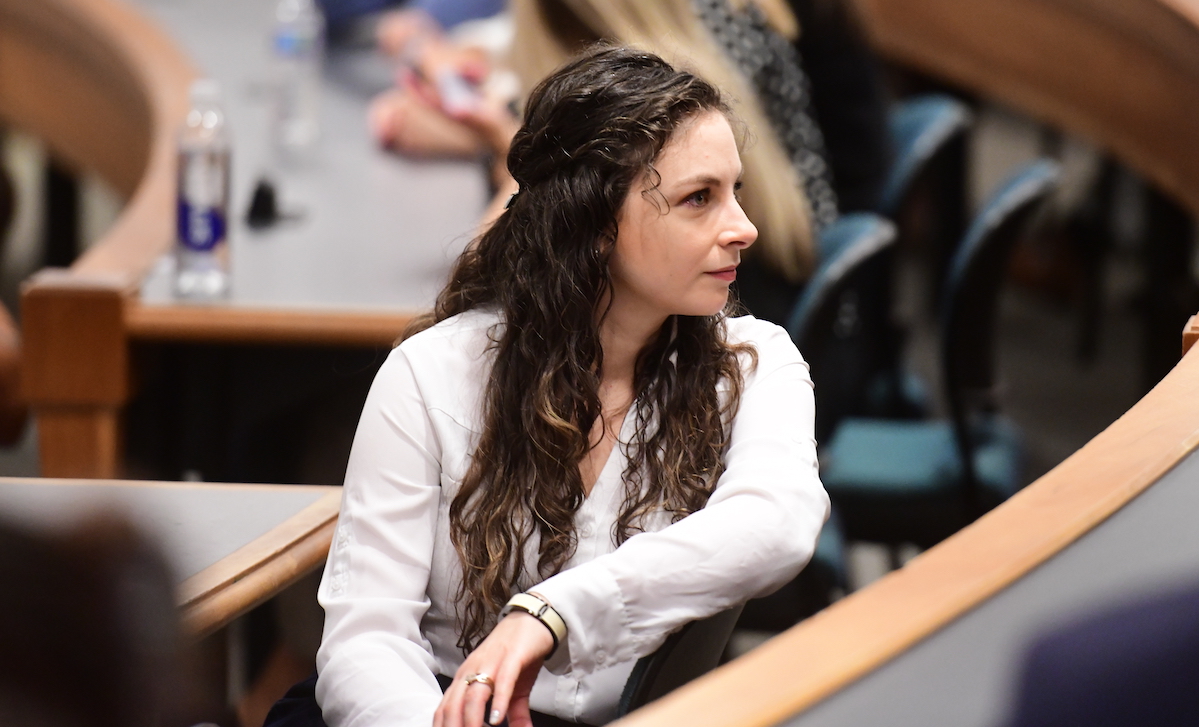
Channeling science and technology toward prosperity while protecting human values requires policy experts with both humanistic and scientific training. The Science and Technology Specialty trains you to understand the challenges presented by rapidly advancing technology and to think critically about how to design, implement, and evaluate policy in this space.
-
Development and Sustainability Policy

The Development and Sustainability Policy Specialty teaches you to understand the challenges and opportunities in economic developments as well as the skills that dominate the field of economic development. The concentration includes courses on ethics, program evaluation, international development policy, and specific field courses such as global health, education, and agriculture.
-
National Security and Intelligence Policy
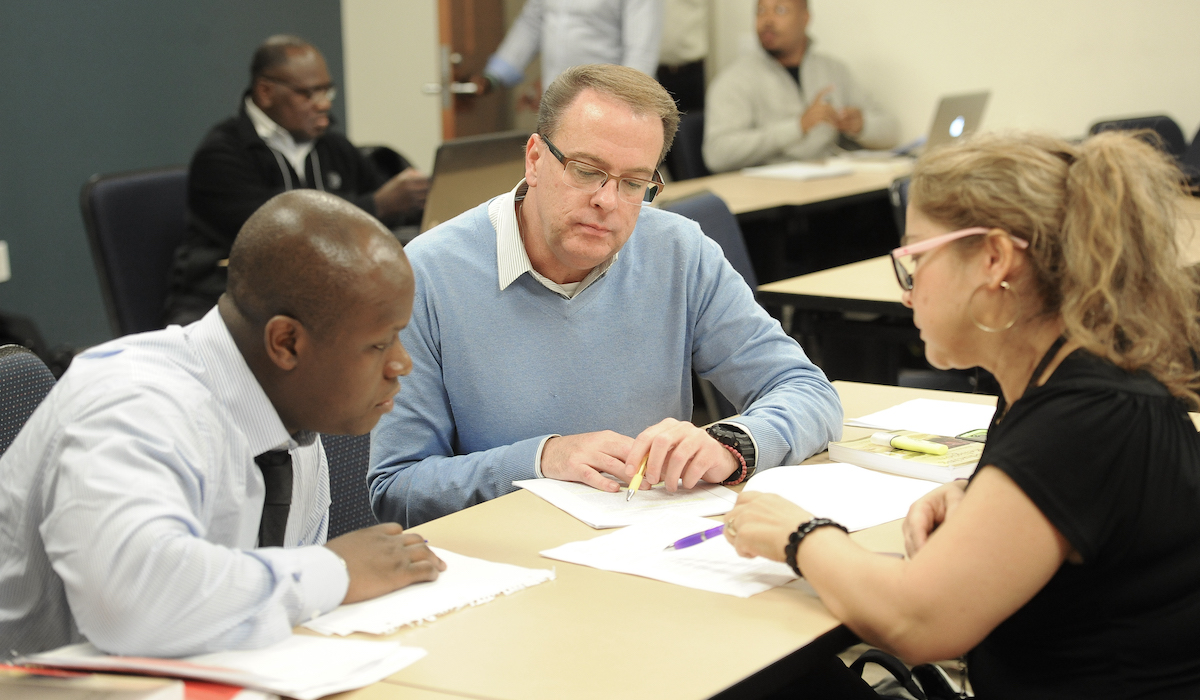
Understanding how to pursue the national interest using all of the instruments of national power without losing our humanity requires a substantive moral and philosophical framework. The National Security and Intelligence Policy Specialty teaches you to understand the challenges nations face in the domain of national security and how to design public policy to effectively address these challenges.
-
Advanced Policy Analysis
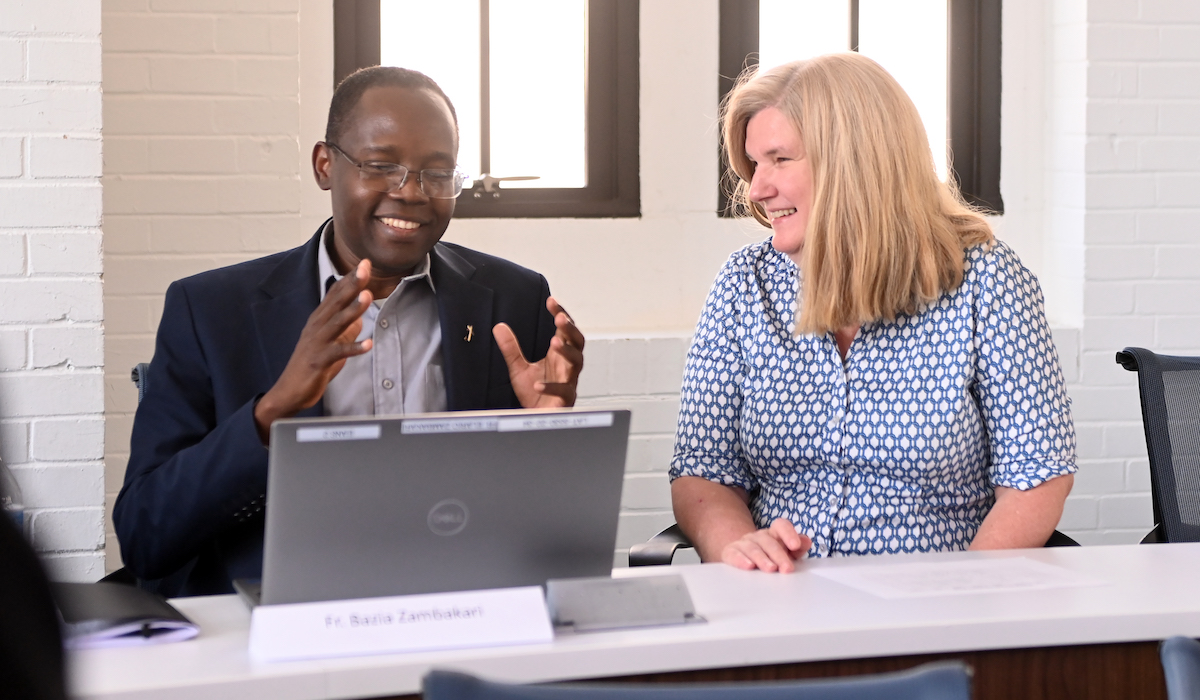
The Advanced Policy Analysis Specialty is designed to instruct you in the advanced quantitative skills necessary to conduct rigorous policy analysis and impact evaluation. The concentration includes courses in machine learning, regression analysis, impact evaluation, and other data analysis and quantitative methods.
-
Health Policy
The Heath Policy Specialization in the MPP program is built on a collaboration between the MPP program at CUA's world class Conway School of Nursing. The Health Policy Specialization trains students to understand, design, and implement health policy that is oriented towards human flourishing and respect for the dignity of every human person.
Flexible and Supportive
Catholic University’s MPP program is flexible, allowing admission throughout the academic year. Additionally, the Catholic University and MPP program community support you in myriad ways:
- Career Development Workshops: The MPP program hosts career development workshops including mock interviews, resume building workshops, an etiquette dinner, and professional panels.
- In-Demand Professional Skills: The program integrates in-demand professional skills throughout the curriculum and in specialized 1-credit hour skills training courses. These skills include: technical writing skills (grants writing, white paper writing, speech writing, etc.), public speaking/presentation skills, social media engagement, etc
- Faculty Advising: You will be paired with an academic advisor who will advise you throughout your time as a student in the program.
Scholarships and Financial Aid
-
Tuition and Financial Aid
Credit Hours: 36
Cost: $1,350 per credit hour -
Scholarships
For Domestic Students:
Pope Leo XIII Scholarship
Merit scholarship awarded upon acceptance to the program. No additional application is needed.
Froehlich Scholarship
The Froehlich scholarship is funded through an endowment created by donors to help students earn a Master of Public Policy degree. Interested students should submit applications that include
- CV / Resume
- An essay of 500 to 1000 words that discusses the following question: "Discuss how your past work, and the work you hope to do in the future, aligns with the mission and guiding principles of the MPP program at Catholic University of America?"
Submit your scholarship materials to AS-MPP@cua.edu by June 1st.
For International Students:
Merit scholarship awarded upon acceptance to the program. No additional application is needed.
-
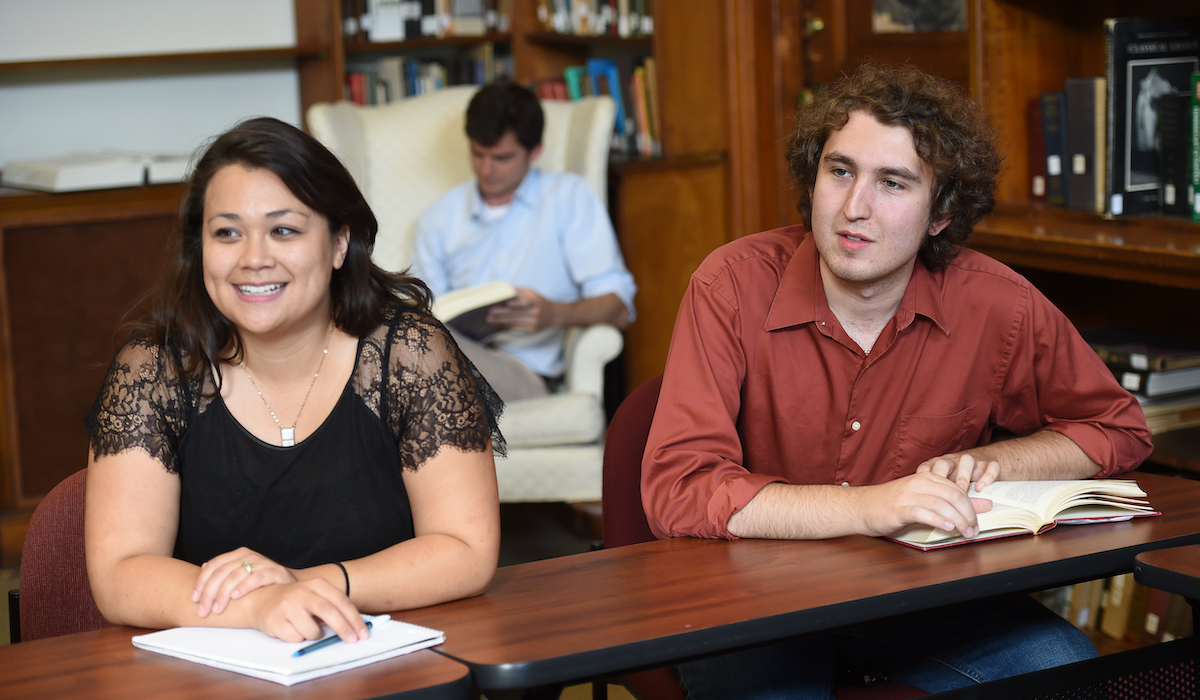
Curriculum
Learn more about the core courses and elective curriculum for the Master of Public Policy program.
Learn More -

Student Testimonials
Stories and testimonials of lives transformed through our Master of Public Policy program.
Student Testimonials -
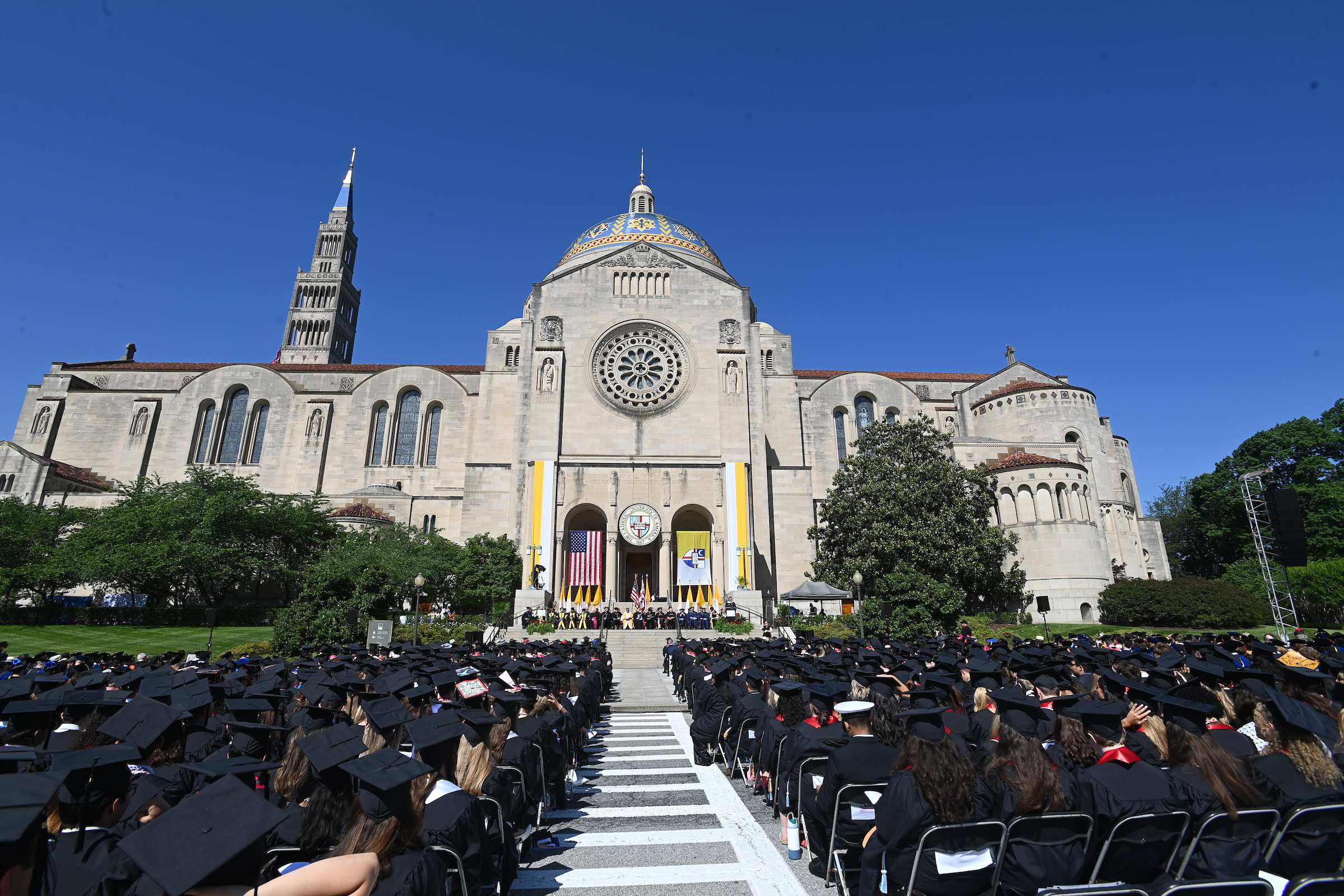
Current Graduate Students
Current Graduate Students
Faculty
The MPP program takes advantage of Catholic University’s Washington, D.C., location and gathers expert faculty and practitioners from a wide range of fields and professions.
-
Faculty Profiles
- Richard Gallenstein, Economics, Director
- Expertise in development economics and experimental economics
- Jon Askonas, Politics, Assistant Director for Development
- Expertise on American foreign policy, Russian foreign policy, and the growing use of technological warfare
- Gustavo Santos, Politics, Assistant Director for Curriculum
- Specialization in political theory and Latin American politics and public policy
- Martha Cruz Zuniga, Economics
- Specializes in development economics, international economics, and monetary economics with particular focus on migration, remittances, microfinance, poverty, education, and international transmission of shocks
- Michael Kimmage, History
- Specializes in the history of the Cold War, in twentieth-century U.S. diplomatic and intellectual history and in U.S.-Russian relations since 1991
- Thomas Smith, Politics
- Specializes in the history of political thought, classical political thought, Christian political thought, and liberal political thought.
- Paul Radich, Marketing
- Specializes in virtue ethics & entrepreneurship, happiness & meaning/purpose, human flourishing, consumer behavior, political economy, creative problem solving/idea generation, and visual storytelling.
- Sr. Anna Wray, Philosophy
- V. Bradley Lewis, Philosophy
- Specializes in political philosophy, legal philosophy, and ethics.
- Catherine Pakaluk, Political Economy
- Specializes in applied microeconomics, economics of education and religion, family studies and demography, Catholic Social Thought, and political economy.
- Michael Promisel, Politics
- Specializes in classical political thought, American political thought, and statesmanship.
- Sarah Gustafson, Politics
- Specializes in French and American political thought, nineteenth-century political thought, liberalism, Catholic social and political thought, history of political thought, political economy, religion, and democratic politics.
- Sang Hoo Oh, Information Sciences
- Specializes in ethical and social Implications of emerging technologies (AI; Big Data; and IoT), AI governance and policy, social informatics, computational social science, and the future of work.
- Richard Gallenstein, Economics, Director
Admission Requirements
Minimum Required Documents for Admission:
- A completed Catholic University online application (No fee is required.)
- Official transcripts from all post-secondary institutions (Unofficial transcripts can be used for the admissions review.)
- English proficiency test scores (Internationals students only)
Official transcripts and English proficiency scores must be submitted for full admittance to the University. Your official copies should be sent from the institution to em-operations@cua.edu.
Recommended Documents for Admission:
- 1 recommender, including their contact information
- Statement of purpose
- Resume/CV
Want to Support the Program?
Thank you for your interest in supporting the Catholic University MPP program with your professional skills and experiences! There are several ways that you can support the program:
-
Student Mentorship
The MPP program seeks to pair each and every master's student with a professional mentor. Therefore, we are always in need of public policy professionals who are available to provide professional advice to our students. Student Mentors should (1) be available and willing to meet with their mentees for 30 minutes twice per semester and (2) provide professional advice on navigating a policy related career in the topic area of the student's interests. CUA MPP students are also required to complete an applied Capstone project. Mentors are encouraged but not obligated to help mentees identify a capstone project and provide support if applicable.
If you are interested in serving as a mentor, please fill out the following form: Inquiry Form
-
Classroom Instruction
The MPP program invites public policy professionals to (a) teach entire courses as adjunct faculty, (b) give guest lectures in existing courses, and (c) give seminar talks on topics related to public policy and political economy.
If you have an interest in teaching in the MPP program, please fill out the following form: Inquiry Form
-
Internship and Job Placement
The MPP program strives to provide graduates with excellent support in identifying internship and job opportunities. A strong network of professionals is critical to supporting our students in this way. Therefore, we are building a network of professionals who we can reach out to when we have exceptional students nearing graduation. If you would be interested in supporting the MPP program by helping our excellent students find internship or job opportunities within your organization, please fill out the following form: Inquiry Form
If you have any other ideas for supporting our program or would like to donate to the program, please do not hesitate to reach out to the program director, Richard Gallenstein Ph.D. at gallenstein@cua.edu.

